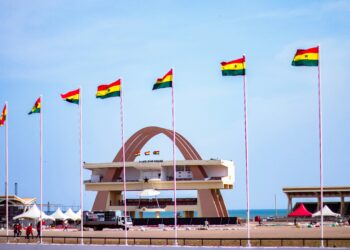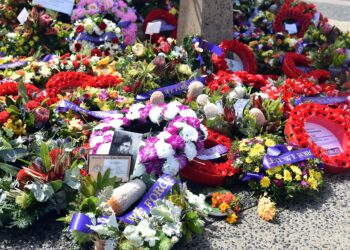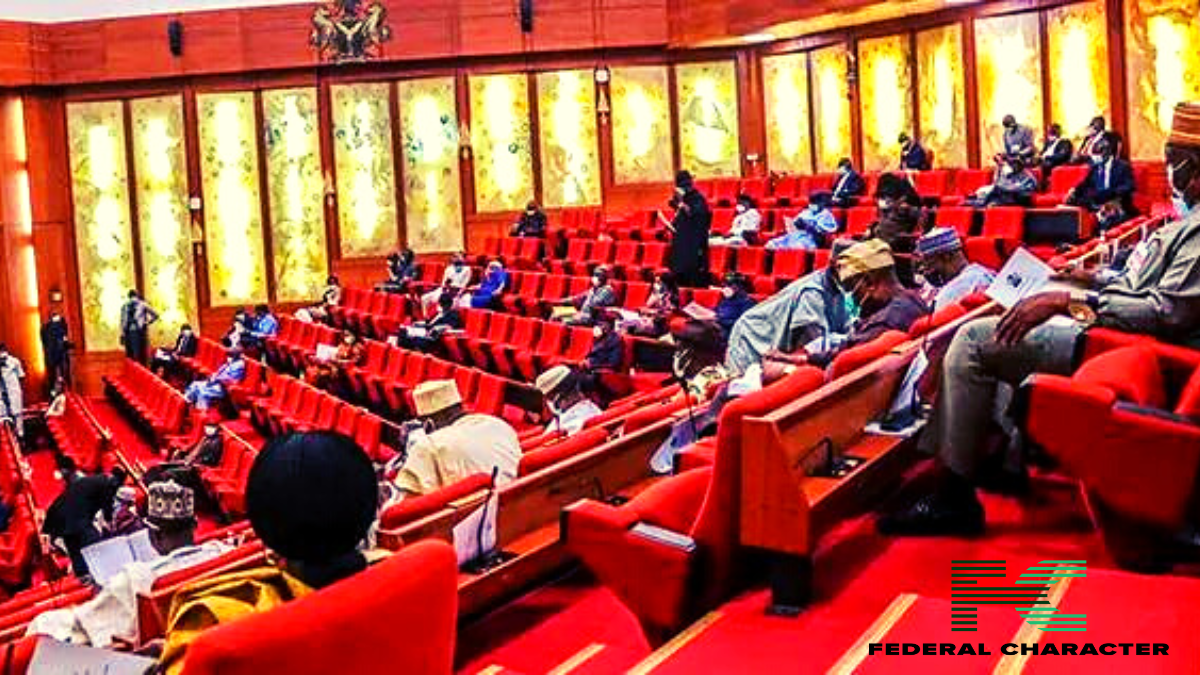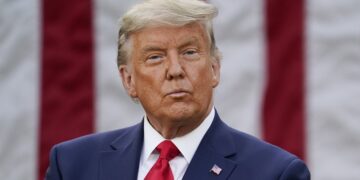The Tinubu administration has been nothing short of amusing, though in the most frustrating way possible. From one petroleum crisis to another, it seems the government is determined to test the patience of an already exhausted populace. The latest hike in fuel prices has only added more fuel to the fire of economic hardship burning through the country.
PETROAN’s Explanation: “Difficulty in Landing Products”
According to the Petroleum Products Retail Outlets Owners Association of Nigeria (PETROAN), the reason behind the hike is linked to the increasing difficulty in landing petroleum products. Billy Gillis-Harris, PETROAN’s president, casually dropped this bombshell during a segment on Channels Television’s The Morning Brief.
“What I can tell you is, once there is difficulty in landing products by NNPCL, and the size of shock absorbing they can do becomes overwhelming, they will certainly shed some of the loads,” he stated. Simple translation: NNPCL can’t handle the heat, so they’re passing the buck to the people.
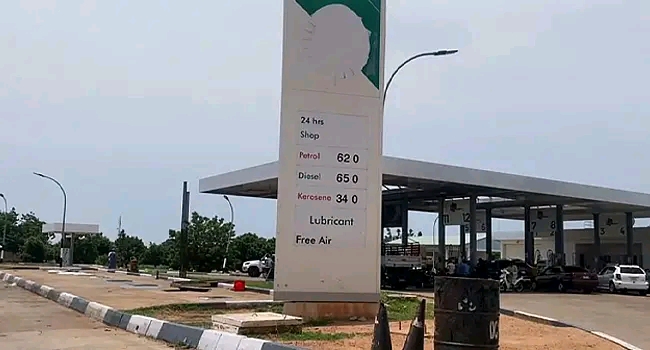
Pump Price Soars – And Nigerians Watch Helplessly
On Wednesday, NNPCL retail outlets in Lagos and Abuja took the liberty of increasing fuel prices. A litre of petrol in Lagos skyrocketed to ₦998—₦150 more than the previous price of ₦855. Meanwhile, in Abuja, the price jumped to ₦1,030 from ₦897. One might ask: What is driving these insane increases?
According to Gillis-Harris, it’s all about supply and demand. “The truth right now is that petrol prices are going to be determined by the forces of demand and supply,” he remarked, as though this is a natural phenomenon we should all calmly accept.
“Remember that our dollar exchange value is going to impact very highly on the cost of PMS because we are operating a dollarized business in naira.”
Translation: The weakening naira is yet another reason for these ridiculous prices, and don’t expect relief anytime soon.
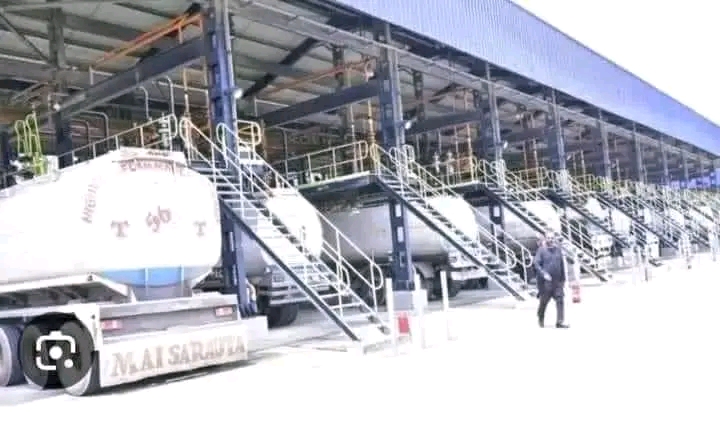
Hope in Dangote Refinery? Maybe, Maybe Not
In the face of this worsening crisis, the PETROAN boss placed his bets on the upcoming Dangote Refinery. “This is what we thought—the Dangote Refinery and other refineries in Nigeria should come to the rescue,” he said.
As the price of petrol at other filling stations hit ₦1,050 in parts of Lagos, the situation only grew more dire. NNPCL’s latest price hike came barely a month after a previous adjustment, which saw fuel go from ₦568 to ₦855 per litre. Their reasoning? Huge debts to fuel suppliers that apparently necessitate this 40-percent price increase.
Tinubu’s Promised Reforms: Economic Revival or Economic Ruin?
Since taking office, President Tinubu has confidently touted his reforms as the cure for Nigeria’s economic woes. According to him, these tough measures—such as ending fuel subsidies and floating the naira—are necessary to revive the economy in the long term and attract foreign investment.
But what have Nigerians really gained? Inflation has soared to its highest level in three decades, and the cost of living has become unbearable. Remember the good old days when petrol was sold for less than ₦200 per litre? Well, those days seem like a distant dream now.
Labour’s Response: We Can’t Take It Anymore
The Nigeria Labour Congress (NLC), has expressed its outrage over the fuel price hike. The NLC labeled the increase “dismaying” and called for its immediate reversal. According to them, previous hikes did not lead to any positive results—people only got poorer.
“In light of this, we urge the government to immediately reverse this rate hike as previous increases did not produce any good results. People only got poorer,” the NLC said in a statement on Wednesday.
But despite their strong words, rallies over economic hardship have failed to gain much momentum. Why? Well, the authorities’ brutal crackdown on protests in August may have something to do with it. People are scared—scared of what speaking out might bring.
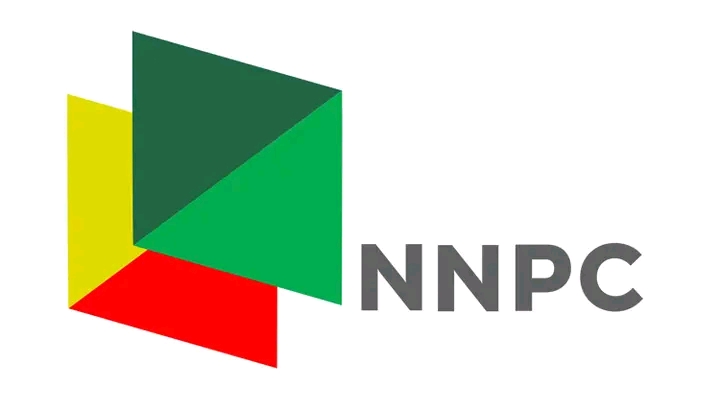
Patience, Please? Nigerians Are Tired
In his recent Independence Day speech, Tinubu once again called on Nigerians to be patient, as though we haven’t been patient enough. His message? Trust the process, the reforms will bear fruit—eventually. But how much longer are we supposed to wait?
At this point, the question on everyone’s mind is: patience until what? Until we can no longer afford to live in our own country? Until employment opportunities reach zero? It’s been one hardship after another, and Nigerians are tired.
The harsh reality is, while we don’t have much faith in this administration, we’re not even sure what to do anymore. Nigeria, we hail thee—because what else is there to say?



